
The pinworm is a nematode and a common human intestinal parasite. Pinworms are thin and white, measuring about 1/4 inch to 1/2 inch (5 to 13 millimeters) in length. The infection with this roundworm usually occurs in children and results in a medical condition known as enterobiasis. This is the most common childhood parasitic worm infection in the developed world, and the most common worm infection in the United States. However, this parasitic disease is not serious and does not present any kind of severe threat to a patient’s health. It is rather very unpleasant and annoying. The treatment is simple and successful but regardless of the medication used, re-infection is frequent.
Causes of pinworm infectionA person becomes infected with pinworm by swallowing pinworm eggs. These microscopic eggs are usually digested together with contaminated food or drinks. In many cases, they are contracted from fingers. The infection is most frequent among the children, as they often scratch their bottoms or neglect to wash their hands after using the bathroom or before eating.
The entire life cycle of pinworm happens in the human gastrointestinal tract. Ingested eggs hatch in the first part of the small intestine where the pinworm larvae grow to 140 to 150 micrometers in size, and move through the small intestine towards the colon. The larvae lay thousands of eggs in the folds of the skin surrounding the anus. After laying the eggs, the female becomes opaque and dies. Females survive for 5 to 13 weeks, and males about seven weeks. The eggs are usually transmitted from their initial deposit near the anus to fingernails, hands, night clothing and bed linen. Symptoms of pinworm infection
Most people infected with pinworms have no symptoms at all. However, most commonly reported symptoms are itching of the anal or vaginal area; insomnia, irritability and restless sleep, intermittent abdominal pain and nausea. One should consult with a medical care provider if the insomnia and irritability are accompanied with abdominal pain.
Treatment for pinworm infection
In most of the cases, patients will not need any kind of treatment, and the condition will resolve on its own. If a patient asks for a medical help, the treatment will usually consist of prescribed medication. All the members of the household will be treated, to prevent infection and re-infection. Doctors will probably prescribe anti-parasite medications for pinworms such as mebendazole, albendazole or pyrantel. Proper hygiene also plays a significant role in treatment. Treatment lasts for two weeks, because the medications kill the adult worms, but not the eggs.


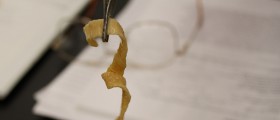
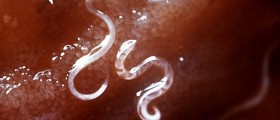

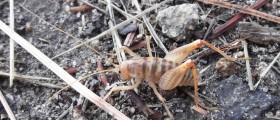
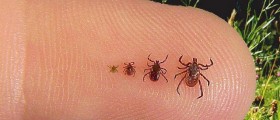
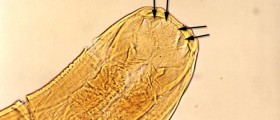






_f_280x120.jpg)

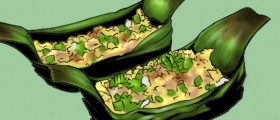
Your thoughts on this
Loading...